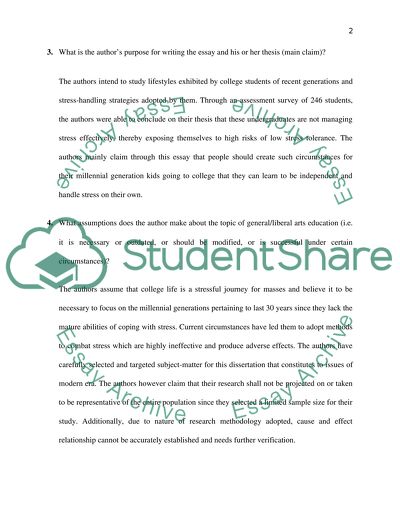Cite this document
(“Prewriting Assignment Example | Topics and Well Written Essays - 1750 words”, n.d.)
Retrieved from https://studentshare.org/english/1481019-prewriting-assignment
Retrieved from https://studentshare.org/english/1481019-prewriting-assignment
(Prewriting Assignment Example | Topics and Well Written Essays - 1750 Words)
https://studentshare.org/english/1481019-prewriting-assignment.
https://studentshare.org/english/1481019-prewriting-assignment.
“Prewriting Assignment Example | Topics and Well Written Essays - 1750 Words”, n.d. https://studentshare.org/english/1481019-prewriting-assignment.


